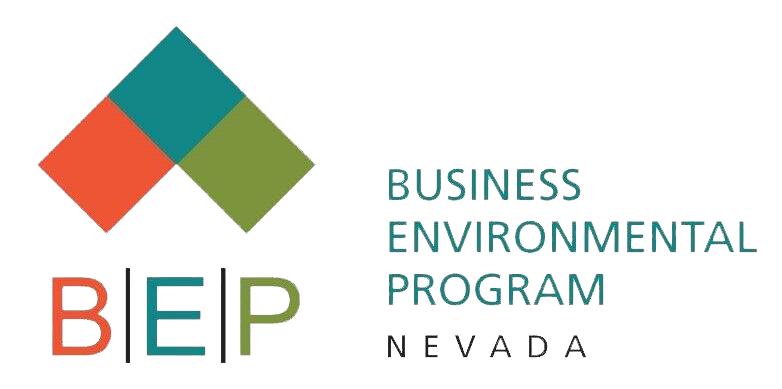Red Tape Hotline
Do you have a concern with a Federal regulation? If you do, you can reach out to the US Small Business Administration Office of Advocacy’s Red Tape Hotline. As the watchdog for small businesses in the regulatory process, the Office of Advocacy works to restrain regulation that imposes excessive costs on small businesses. Email RedTape@sba.gov or call 800-827-5722 and press option 3.
